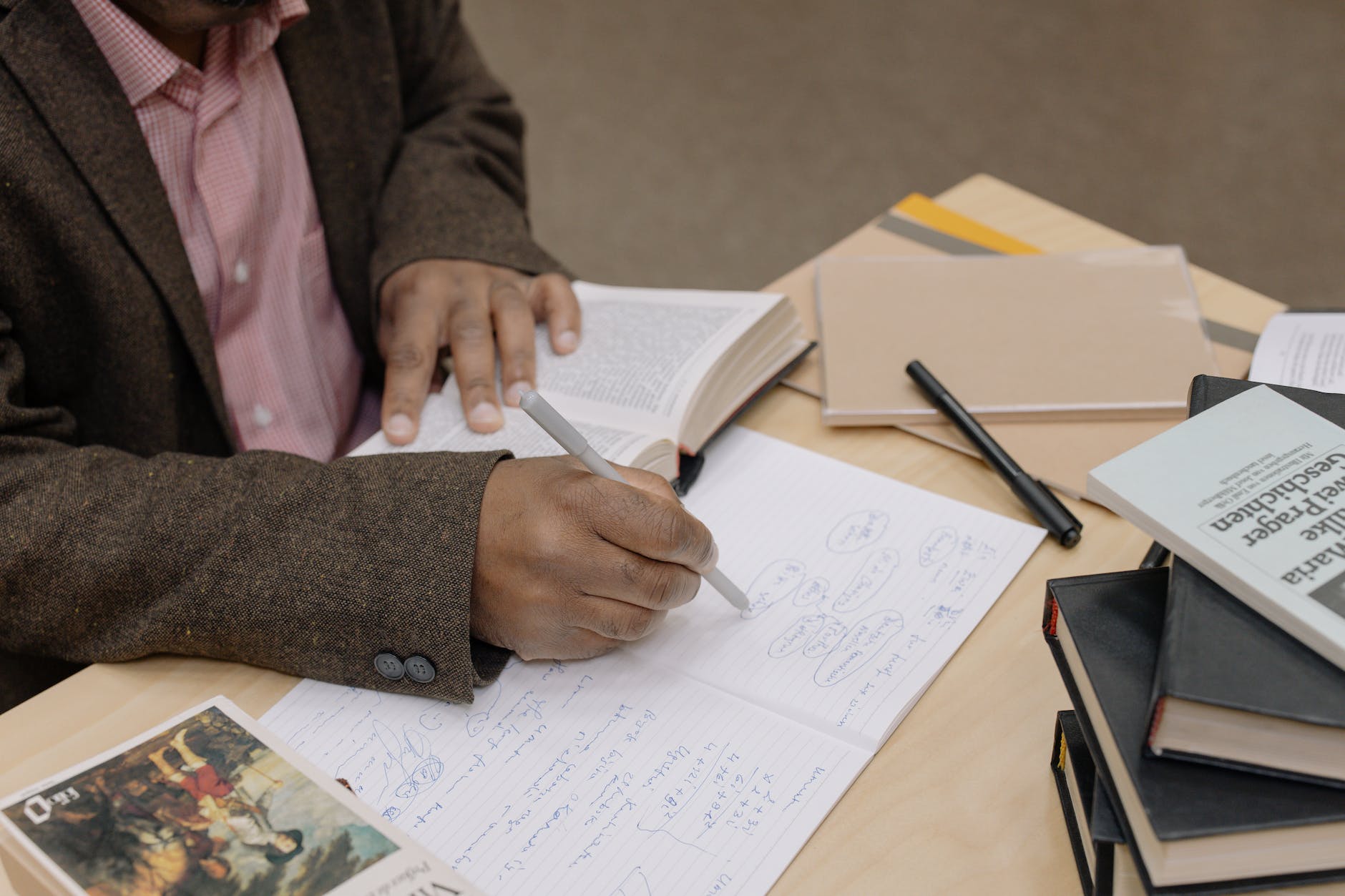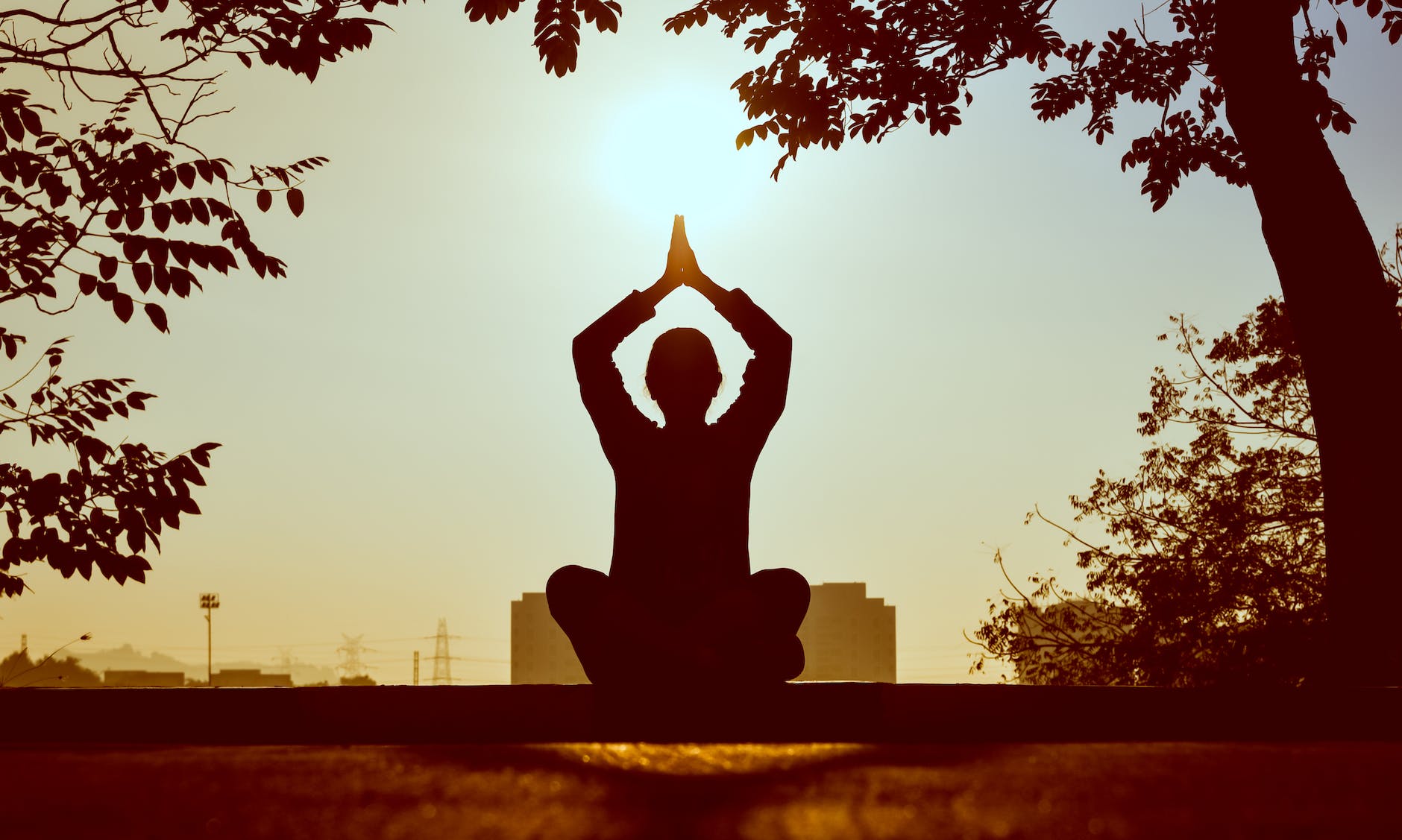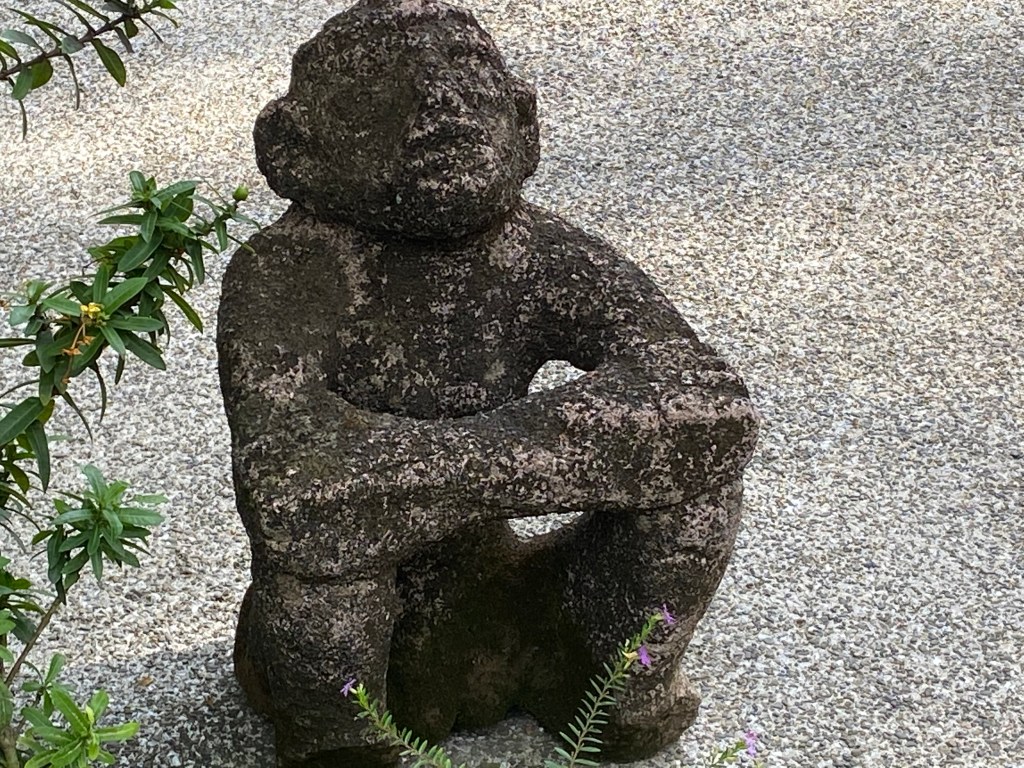
On Your Writing Space



Many writers are also meditators. Some even write about the relationship between writing and mediation. I am a meditator and a writer. I meditate in the morning and write in the morning. I also practice yoga. To me, these are all intertwined.
The U.S. alone has an estimated 36 million yoga practitioners. It has adapted to local socio-political and cultural norms world over so much so that it can hardly be called an Indian custom. Yoga originated in India. The system of yoga has physical, mental, and emotional dimensions in addition to spiritual underpinnings. But yoga is not a religion. It has no dogma. But the practice for me is essential to my writing and brings me to a place where I can write truth.
Meditation helps improve focus. Something essential for the good writer. I began meditating years ago with a meditation method popular at that time, Transcendental Meditation. Maharishi Mahesh Yogi developed this mantric method of meditation in the 50’s in India, and it spread widely throughout the world. For me, it was a good place to learn the technique, but my meditation practice evolved when I combined meditation with yoga, especially Kundalini. Kundalini is a spiritual energy or life force located at the base of the spine, conceptualized as a coiled serpent. It didn’t matter which type of meditation I was using, as long as it focused my mind and enabled me to write from that place.
Meditation provides a safe space to be. Meditation slows the world down to make room for creative thought and exploration. It’s an ideal practice for the writer or artist. I meditated every day when I worked on my latest manuscript, Dread and Splendor: Paintings and Poems for a New Earth.
Have you had experiences with writing and meditation?
I will be taking a hiatus for March, as I travel through Costa Rica. Look for me again in April.

The inner critic is always there for the writer. The negative voice tells lies to keep you safe. It’s your brain’s defense mechanism against danger.Anxiety acts as a guardian angel. Its intentions are pure, but we all know the road to hell is paved with good intentions.
When it comes to life or death situations, your anxiety protects you. But in the trenches of day to day modern life, we rarely encounter a life or death situation that warrants such an extreme measure. Anxiety acts like a guardian, but it can cause us to not act.
Learning to reframe your anxiety is important, so it doesn’t get in the way of your writing.Because the inner critic isn’t objective, whenever you find yourself at conflict with it.
Try to imagine the good that could come out of your writing. Even if what you write today doesn’t turn into something you can use, it is an exercise toward good writing in the end. Think of yourself as an athlete who has to practice before he/she gets really good. Your inner narrator should keep you grounded without discouraging you from moving forward. Don’t silence your inner critic. Think of it as a way to go in the opposite direction of what it wants you to do.
Turn the negative self-talk into an empowering message. Every time you hear yourself thinking that you’re not good enough, that your negative traits are far too many, that it’s not worth it, that it’s not fair, you tell yourself that it’s not so.
After all, the inner critic is kind of dumb, far from objective, and even though its intentions are good, it won’t help you get to where you want to go.
Anxiety, negative self talk, self-doubt should act as triggers to turn them into something that empowers you.
Charles Bukowski almost didn’t become the writer he had always dreamt of being. He worked in a post-office until his fifties, even though he tried and often failed to earn enough from his writing so he could quit his job.
Abraham Lincoln failed time and time again. He lost his bid for State Legislature when he was 23 years old. Six years later, he lost his bid to become Speaker in the Illinois House of Representatives.
In 1848, at the age of 39, Lincoln failed to become Commissioner of the General Land Office in D.C. Ten years later, he failed to become a U.S. Senator.
Colonel Harland Sanders is another famous failure. It was not until he was 65 years old, with just $105 to his name, that he set out to sell his franchise. He was rejected by 1,009 restaurants before one agreed to his business model.
If we try, we might fail. If we give it our all, we might fail.
Sometimes I do believe the universe tests our commitment, and I often find that the people who try and fail, never, ever want to try again.
So, what’s the trick? Simple. The trick is to be. Follow your heart and intuition. There’s a dream hidden somewhere inside a drawer of your soul you rarely open.
“Do or do not, there is no try.” – Yoda
This is one of those clever quotes that get passed around quite often.When it’s do or die, most people tend to do.
Sometimes we don’t have to step outside our comfort zone. Sometimes we don’t have to take massive action in order to reach a certain goal. And sometimes we just can’t do it, and the Nike approach to life is only going to frustrate us into giving up or having a mental breakdown.
Have you ever chosen not to do something because you were absolutely certain you’d fail? You were so sure you couldn’t, so you didn’t even try. It felt impossible, and the thing with impossible is that:
a. You can’t do it.
b. It’s only two letters too long.
Doing the impossible will often lead to failure. But if we aim to do the bit that’s possible, if we just give it a try, then we might surprise ourselves by becoming good enough to do what we previously thought of as impossible.
The obvious paradox is that you never know if something’s impossible or not unless you try.Our attitude always determines our altitude in life. When we think we can’t do something, there’s no reason to even try.
It’s better to try something than to give up without even attempting just because you believe that you must do it.
Edison’s famous invention of the light bulb stands testimony to just how powerful such a mindset is. The trick that allowed him to persevere until successful was that he re-framed his failures as, “finding ways that don’t work.”
You, like Edison, must try to do it before you can decide if it can or can’t be done.
Always try. At least once or twice. It’s far better than doing nothing because it can’t be done.
The ego is simply the story you tell yourself about who you are, who you wish you could be, and who you’d never want to become. That’s it. The people who make their dreams come true tell themselves a story that goes like this: they are who they are, regardless of failure, setbacks, or opposition.
They are not defined by external factors. They are fueled from within, by the very definition they have chosen for themselves, and set out to find the circumstances that allow them to make that definition even more potent by making their dream come true.
The people who fail in life, however, try, again and again, to get the validation they think they need to finally be able to call themselves “writer” or “painter” or “entrepreneur.”
As we’ve discussed previously, it doesn’t work like that. First, you must be. Then, you must try.The world changes its opinion of you the day after you do.
You will change your limiting beliefs by first understanding that you are the one writing your inner narrative. You are the storyteller, the main character, the villain, and just like in a dream, everyone you meet is a reflection of who you are or wish to become.
Rather than clinging to your limiting beliefs, giving in to your inner critic, you try to test the very fabric of your soul. Venturing into the center of your fears, you will often discover that what you were most afraid of was fear itself.
You will realize that feeling unattractive doesn’t necessarily mean you are so. If you consciously decide to go beyond what your brain tells you is the most you are capable of, you will soon begin to do the impossible: you will start writing the story you’ve always wanted to write.
We often prefer the discomfort of being less than our ideal selves because the opposite brings with it the discomfort of uncertainty.
It’s not the decision to change that counts, but actively trying to change. We cannot remake ourselves without pain, and we must go through the discomfort of building a new self.
When we direct our gaze towards the stars, and we realize that we are capable of reaching for them, we must do everything in our power to internalize and act upon this belief.
It means you’ll need to look for confirmation that you are the exact opposite of what your inner critic is telling you, and repetition is essential. You have to do it over and over again until you become emotionally aware of this new reality of who you are.
I’ll be blogging on Thursdays. Follow me here.


We live in unprecedented times. Pandemics, wildfires, hurricanes, floods, winter storms, political unrest, economic uncertainty and war are just some of the things we deal with daily. So why write through it?
Writing is important. As writers, we bear witness to what is going on in the world and write it down. It helps to put things into perspective and forms the basis of history. When we put our thoughts down on the page, it helps to give voice for those who may not be able to put it into words. It’s a comfort when we can form our feelings into writing that other people may read.
And when we write fantasy or fiction, we are allowing ourselves and others to get lost in escape. This is important in life also, especially when people are going through such massive upheavals. You can offer people relief though your literature.
Writers are sensitive to the world around them. This takes sympathy and empathy. Writers are empathetic to the suffering of others and can sometimes put this empathy into words and thus relieve the suffering. As writers, we have the gift of being able to put our feelings into words. Nelson Mandela said, “It always seems impossible until it’s done.”
I’ll be blogging on Thursdays. Follow me here on WordPress.